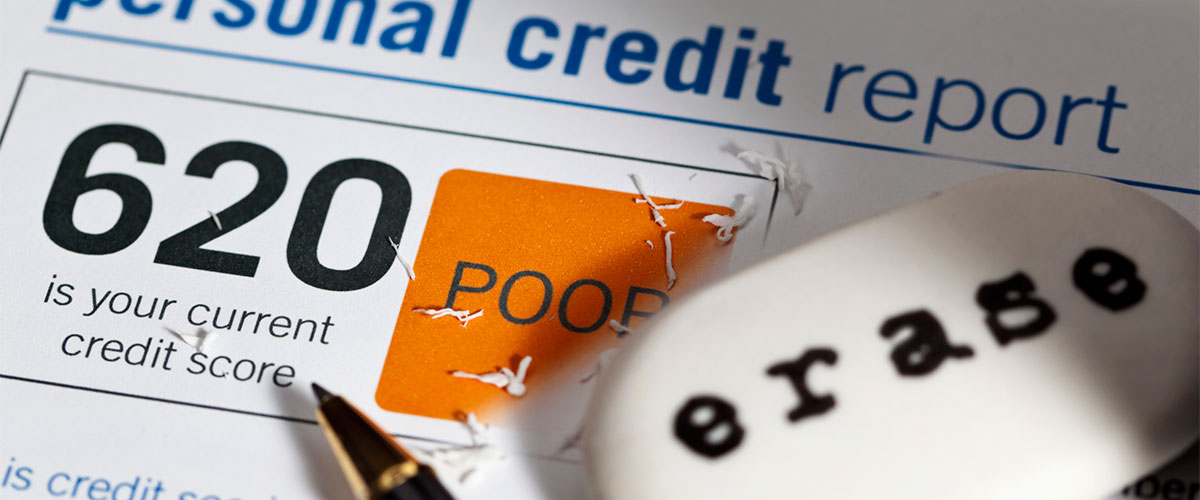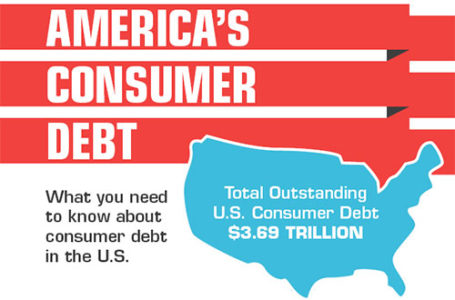Good credit is possible, even if you’ve had some trouble in the past!
When you’re facing a bad credit score, it can seem like the end of the world. Lenders won’t approve you and you wonder if you’ll ever be able to qualify again. The good news is that nothing in the U.S. credit system lasts forever. Penalties expire and there’s no such thing as a bad credit blacklist. You can take steps to improve your score and get back on the right track. And it’s usually faster and easier than you might think!
How does your credit score stack up?
Towards the end of 2017, FICO reported that the average American credit score had broken the 700 mark for the first time in history. As of April 2018, the average credit score was 704. So, most people fall in the middle of the pack. This may give you some encouragement about your own credit.
| FICO Range | Credit Score Designation |
| 800 or higher | Excellent or exceptional |
| 740-799 | Very good |
| 670-739 | Good (this is the median credit score range) |
| 580-669 | Below average or fair |
| 579 or lower | Poor or bad |
This map shows average credit scores by state in the U.S.
Fixing your credit
If you aren’t happy with where your score is now, then you can take action to improve it. There are things you can do today that will help you start fixing your credit score tomorrow. Fixing your credit doesn’t take years!
Building credit
Although most credit penalties stick around for seven years or more, their effect on your credit diminishes over time. So, the “weight” of this negative information decreases the further you get away from it. That means that even before a penalty expires, you can offset any damage it’s still causing by taking positive actions to build credit now.
There are several ways to build credit and which strategy you use depends on your needs and goals:
Making credit work for you
Knowing how credit works and how certain actions you take can affect your score can help you build the best credit strategy possible. The goal is to maximize your risk without creating excess risk of debt problems. The more you understand credit, the less likely you are to get tripped by when challenges arise


